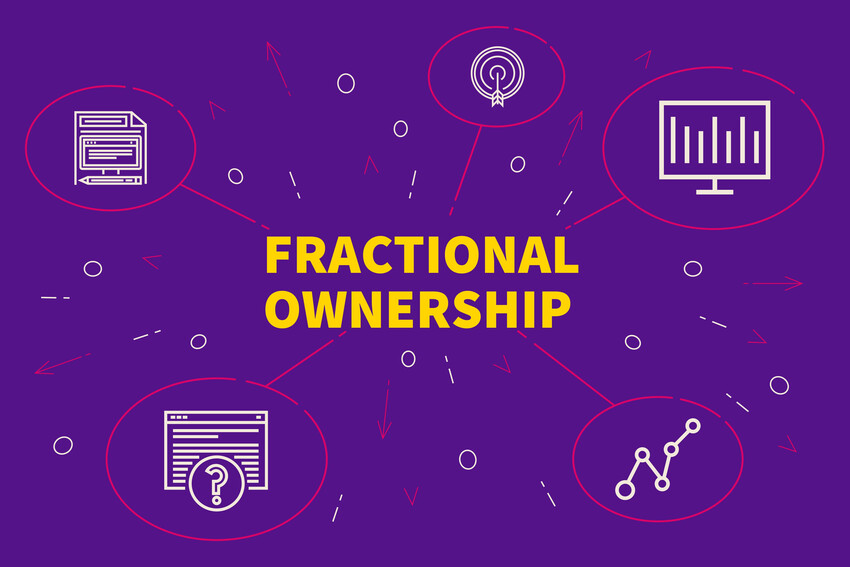
posted 15th December 2024
For years, Club La Costa (CLC) has marketed its "fractional ownership" program as a luxury investment opportunity, enticing potential buyers with promises of exclusivity, value appreciation, and part-ownership of a premium property. However, upon closer scrutiny, it becomes evident that what they sell isn't real fractional ownership but a cleverly disguised timeshare marketed to deceive buyers. This revelation has left many customers feeling misled, with little to show for their investment other than regret and mounting fees.

What is Traditional Fractional Ownership?
True fractional ownership refers to a property co-ownership model where multiple investors purchase shares in a tangible real estate asset. Each owner holds a deeded title for their share, giving them legal rights and responsibilities over the property. Owners can sell, rent, or pass on their share, and they typically enjoy a proportionate stake in any property appreciation or revenue. This model is distinct from timeshares, where participants only gain usage rights for a designated period without actual property ownership.

How Club La Costa Mis-Sold Its Version of Fractional Ownership. Club La Costa blurred the line between traditional fractional ownership and timeshares by branding their product as "fractional ownership" while failing to deliver the key features of true ownership.
1. No Deeded Ownership
Unlike genuine fractional ownership, buyers through CLC do not receive a deeded share of a property. Instead, they gain an interest in a trust or holding company that supposedly owns the property. This setup strips buyers of the autonomy associated with traditional co-ownership, leaving them with no tangible asset to sell or transfer.

2. Lack of Appreciation Potential
Buyers were often lured with claims that their investment would increase in value over time, much like real estate typically does. However, since CLC’s model doesn’t confer actual ownership of a property, there is no mechanism for such appreciation. The buyer's interest remains tied to a nebulous system that doesn’t offer a direct connection to market dynamics or property value.

3. Exorbitant Maintenance Fees
CLC's fractional ownership buyers are typically subjected to steep maintenance fees, similar to traditional timeshare models. These fees are mandatory, annual, and often rise unpredictably. Unlike traditional property co-owners, CLC buyers have no control over or transparency into how these funds are allocated.

4. Difficulty in Exiting
Genuine fractional ownership allows for the straightforward sale of one’s share. However, buyers under CLC’s model frequently find themselves trapped, as resale options are virtually nonexistent. The vague nature of their "ownership" interest means they hold no tangible asset to sell, and the limited market for timeshare-style products compounds their predicament.

5. Aggressive Sales Tactics
Many buyers have reported being subjected to high-pressure sales presentations, with little opportunity to scrutinize the details of the contract. CLC’s sales team allegedly focused on the luxurious appeal of the properties and the supposed financial benefits, while glossing over the lack of true ownership or resale viability.

Legal Ramifications and Buyer Backlash
CLC’s marketing practices have faced increasing scrutiny from legal bodies and consumer rights organizations. In some jurisdictions, authorities have ruled that CLC’s fractional ownership agreements violated local timeshare laws, as they failed to provide the protections required under such laws. Numerous buyers have taken legal action against the company, seeking refunds or compensation for misrepresentation and financial loss. Many argue that CLC deliberately misrepresented the nature of their product to obscure its resemblance to traditional timeshares, preying on buyers’ lack of understanding.

Conclusion: A Marketing Ploy Masquerading as Ownership
Club La Costa’s so-called fractional ownership scheme is a stark reminder of the importance of due diligence when considering property investments. By appropriating the language and appeal of traditional fractional ownership, CLC created a deceptive marketing strategy designed to blur the lines and extract significant financial commitments from unsuspecting buyers. For anyone considering such offers, it is vital to demand clarity on ownership terms, seek independent legal advice, and carefully examine whether the promised benefits align with the reality of what is being sold.

Many buyers who fell victim to CLC’s schemes now serve as a cautionary tale: not all that glitters is gold, and not all “fractional ownership” entails real ownership.
To begin your claim for compensation, get in touch with us.




